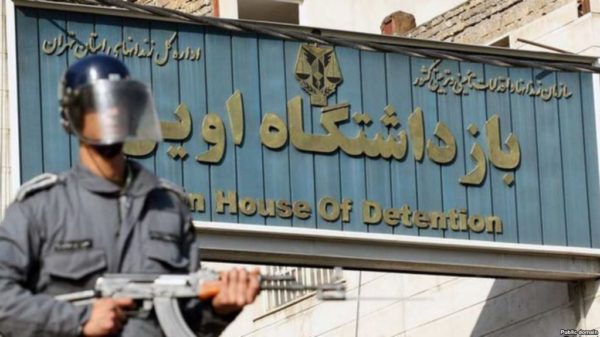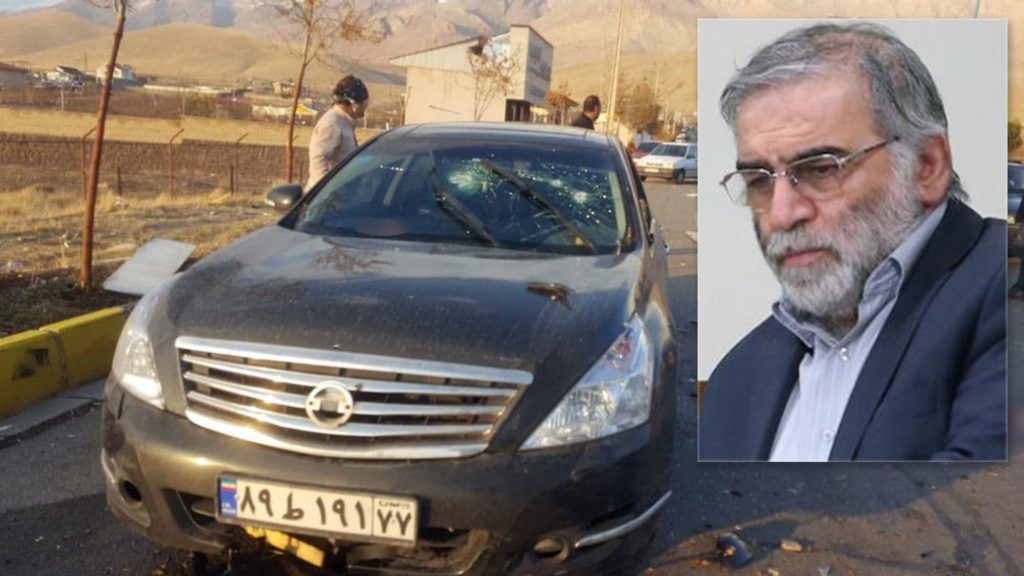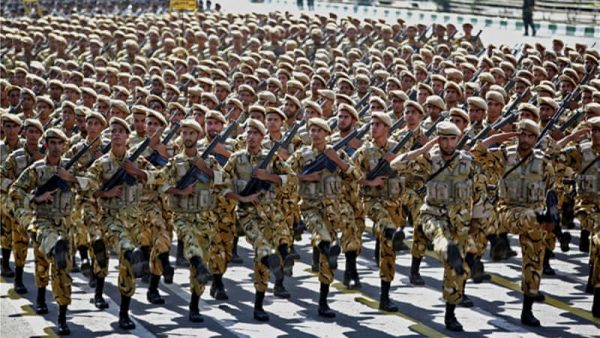
Dozens of leaders of the “Revolutionary Guard” are in detention on charges of espionage.
The British Broadcasting Corporation, BBC, reported that the Iranian authorities had arrested dozens of leaders in the Revolutionary Guards, against the backdrop of the assassination of the prominent nuclear scientist, Mohsen Fakhrizadeh, in late November 2020, noting that the former Iranian intelligence minister, Mahmoud Alavi, confirmed that “he informed the security services that there was a plot to assassinate Fakhrizadeh in the same place and date, two months before the assassination .”
BBC pointed out a report that revealed “Alawi suggested that the mastermind in this assassination was a member of the Iranian “Revolutionary Guard” : “if this is the case, this means that the the mastermind must assume a high-ranking position within the Revolutionary Guard, enabling him to ignore that warning issued by Mahmoud Alawi, and implement his plan on the exact date, time and place. ” BBC revealed that that “sources inside the security wing of Evin Prison in Tehran, stated that “dozens of high-ranking leaders of the Revolutionary Guards are being held there.”

BBC claimed that “the Iranian government refrained from publishing the names or ranks of these detained leaders in order to avoid harming the reputation of the Revolutionary Guards.” It quoted a former intelligence officer in the Quds Force of the Revolutionary Guard as confirming that “foreign agencies have collected evidence against a number of Iranian ambassadors and leaders of the Revolutionary Guards,” explaining that “these evidence includes data about romantic relationships with women that can be used to blackmail these officials and force them to Cooperating with foreign intelligence services.
BBC also referred to “unconfirmed reports circulating in 2013, the last year of former Iranian President Mahmoud Ahmadinejad’s rule, about the arrest of a number of Revolutionary Guards officials on charges of spying for the Israeli Mossad, but these allegations were never officially confirmed.” According to those reports, among the accused was an officer responsible for leading the Israeli counter-espionage efforts in the Iranian Ministry of Intelligence, and a revolutionary court sentenced him to death and he was executed, without informing public opinion about the matter.

The BBC also reported that Ahmadinejad confirmed the validity of these allegations last year, asking, “Is this normal when it turns out that the highest officer responsible for monitoring Israeli spies and combating Israeli plans in Iran is an Israeli agent himself?”, stressing in its report that “Former Iranian officials are concerned today about the alleged contact of the Mossad with prominent leaders in the Iranian security and intelligence services.” The BBC also quoted former President Hassan Rouhani’s advisor, Ali Younesi, as saying in an interview that “Mossad’s influence has expanded in different parts of the country, to the point where every person in the Iranian leadership has to fear for his life and safety.”
BBC/ El Nashra

Leave a Reply
You must be logged in to post a comment.